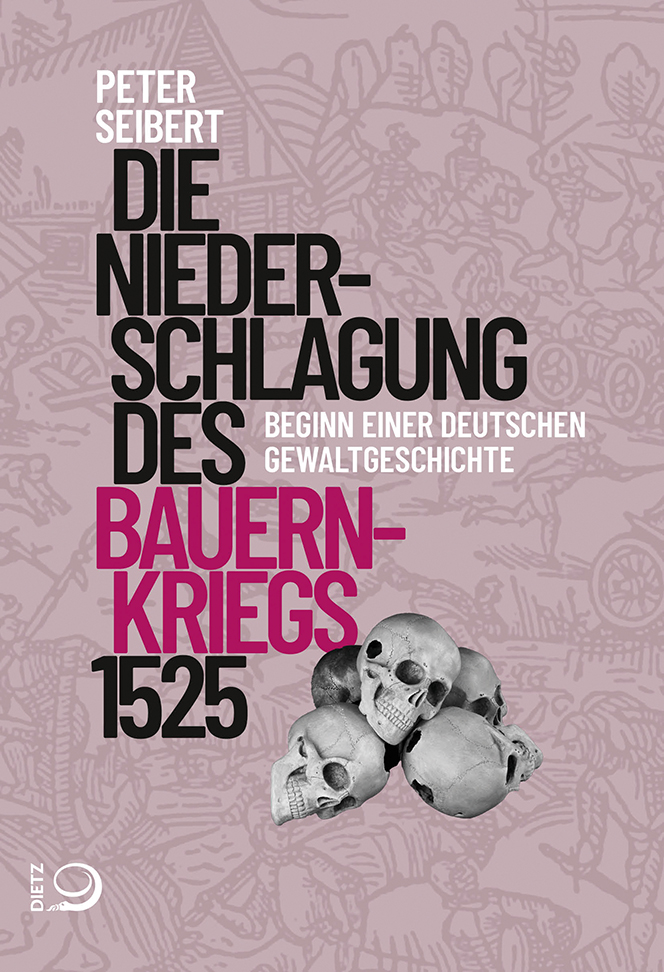Preface and Acknowledgments x
Maps and Figures xi
Abbreviations and Text Editions xii
Introduction: Why Greeks and Romans? Why Ideas? 1
The Gradual Encroachment of Ideas 2
Why Greeks and Romans? 5
The Use and Energy of Ideas and Concepts 10
The Cult of Contingency, or: Is Everything Constructed? 12
Overview of Contents 13
Part I The Greek Debate 15
1 The Polis, Equality, and the Growth of Political Thought 17
The World of Homer’s Poems and the Emergence of Greek Political Life 17
Hesiod’s Justice 23
The Ancient Near Eastern Context 25
The Polis and Greek Colonization 27
A Mere Spider’s Web? Solon and the Rise of Written Law 31
2 Athenian Democracy, Early Antidemocratic and Democratic Thought, and the Sophist Movement 38
The Historical Background: Athenian Democracy in Practice in the Fifth Century 42
Antidemocratic Sentiment and Early Elements of Democratic Theory 45
Accountability 47
The Sophists 50
3 Knowledge, Paternalistic Justice, and Law: Plato 56
The Republic, a Theory of Justice? 56
The Ideal State: Women, Communism, Rule of Reason 59
Plato and Democracy 64
Plato, the Law and the Laws 70
4 The State as Teacher: Aristotle 78
The Unity of Politics and Ethics 78
Aristotle’s Criticism of Plato and His Views on Women and Slavery 80
Justice and the Classification of Constitutions 85
Is Aristotle’s Best State Just? 91
The Second-Best: Democracy, Law, and Rights in Aristotle’s Politics 93
Aristotle and Liberalism 101
5 The Epicurean Contract and Stoic Natural Law 103
Epicurean Ideas about Justice as Contract 103
The Stoics on Ethics and Politics 108
What Goods Are Relevant? 109
Stoic Antipolitics? 110
Egalitarianism and Cosmopolitanism 111
A New Idea: Natural Law 113
Did the Stoics Have the Concept of Rights? 115
Conclusion 116
Part II The Roman Contribution 119
6 The Roman Republic and the Origins of Constitutionalism 121
Institutional Background: The Popular Assemblies 122
Institutional Background: The Magistrates and the Right of Appeal 126
Institutional Background: The Senate 130
Criminal Courts 131
Constitutional Conflict and the Emergence of Constitutionalism 132
Polybius on Rome’s Well-Balanced Constitution 137
An Ambassador Conception of Representation 141
The Constitutional Machine Runs Itself (Until It Does Not) 142
Appendix: The Achaean League, an Early Model of Federalism 143
7 Justice, Not Happiness: Cicero’s Roman Political Thought 145
Does this Egalitarian Anthropology Imply the Equality of Women? 147
Cicero’s Theory of the State 148
Cicero’s Constitutionalism 149
A New Theory of Justice? Cicero on the Just State 150
Controlling the State: The State as a Guarantor of Rights 152
Controlling the State: Property Rights and Justice in the Strict Sense 155
Magistrates as Representatives and Fiduciaries 158
Cicero’s Use of the Idea of Natural Law 160
Natural Law and Natural (Even Human?) Rights Outside the State 163
8 The Principate, the Rise of Christianity, and Augustine’s Peace 166
Augustus and the Principate: Autocracy or Legal Order? 166
The Rise of Christianity 174
Lactantius 177
Ambrose 180
The Tranquility of Order: Augustine 182
Just War and Religious Toleration 184
Part III Ancient and Modern Justice: Virtue, Peace, or Rights? 187
9 Greek Justice: Virtue and the Common Good 189
Thomas Aquinas and Aristotelian Theory 191
Property and the Common Good 195
Does the Common Good Imply Justice or Justice the Common Good? 198
The Legacy of Perfectionism 199
10 Roman Justice: Law and Rights 203
The Rediscovery of Roman Law 204
The State of Nature 207
A New Natural Law for the State of Nature 210
Sovereignty and Government 214
The Roman Tradition in the Eighteenth Century 217
Conclusion: Natural Law and Roman Law 219
11 Ideas in Action: The Atlantic Revolutions 220
The “Real American Revolution” 220
Ancient Founders and American Constitution-Making 228
The French Experience 236
Rousseau, Sparta, and Rome 236
Rights Declarations and Constitutions 240
Implications and Consequences: Slavery, Women, Property 241
Conclusion: The Three Traditions of Virtue, Peace, and Justice 244
Bibliography 250
Index 260
















